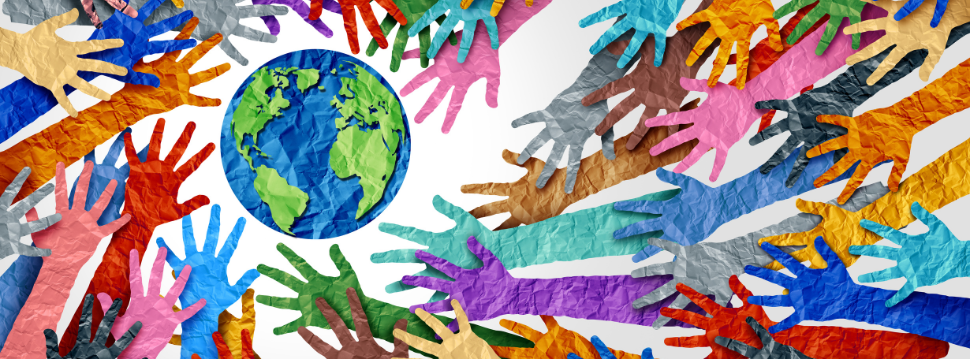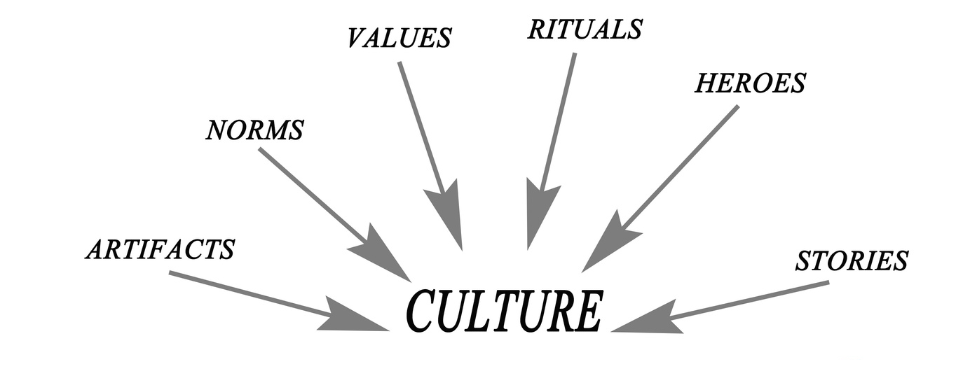Connecting beyond borders: How Erasmus+ transforms lives
The essence of multiculturalism
Frederick shares his positive experiences traveling to countries like Spain, Serbia and Turkey. He emphasizes how easy it is to connect with people despite cultural differences, highlighting that everyone shares common human experiences—work, family, and daily life. This understanding underscores the essence of travel: understanding that, at our core, we are all similar, regardless of our backgrounds.
While you travelling you try to connect with local, by attending community events, exploring local markets or striking up conversations in cafes. You can also try to find common ground with them by sharing similarities with people from different backgrounds. This can help you build connections and understand that, at the core, we all share similar experiences.
The impact of Erasmus+ projects
Frederick and Marija discuss the significance of participating in Erasmus+ projects, which provide young people with opportunities to explore different cultures and broaden their perspectives. Frederick believes these experiences are crucial for understanding the world beyond one's own country, especially for young people who may feel confined by their local environments.
Ever thought about studying or working abroad? Programs like Erasmus+ give students the chance to experience new cultures and ways of life firsthand. It's not just about academics, it's about stepping out of your comfort zone and seeing the world from different perspectives. For teachers and parents, encouraging young people to join these cultural exchange programs can be a game-changer. It helps them grow, learn and appreciate the rich diversity of our world.

The complexities of multiculturalism - witnessing contrasts
Frederick recounts his time in Martinique, where he saw the contrast between the island's idyllic tourist facade and the harsh realities faced by its locals. This experience opened his eyes to the complexities of life in different cultures and the importance of understanding the local context when visiting a new place.
Practical tips: Before you travel, take some time to research the local culture, history, and current issues of the destination. This knowledge helps you engage more meaningfully with locals and enriches your travel experience. Additionally, support the local community by choosing to spend money at locally-owned accommodations and restaurants.
This not only provides a more authentic experience but also contributes positively to the local economy. These practices are especially important when considering the challenges of immigration and integration that many communities face, as they help foster a deeper understanding and connection.
Challenges of immigration and integration
Frederick reflects on life in his small hometown in Sweden. While small towns offer a sense of community, they may also limit opportunities, especially for those seeking careers in fields like journalism. Many aspiring journalists feel compelled to move to larger cities, such as Stockholm, where most media outlets are located.
What you can do in order to support them?
Consider supporting local journalism by subscribing to local newspapers and following local journalists who highlight important stories in the community. Their work plays a crucial role in keeping you informed and engaged with local issues. Additionally, advocate for initiatives that create opportunities in smaller towns and rural areas. Supporting these efforts helps retain talent and promotes development in these often-overlooked communities, contributing to a more balanced and inclusive growth.

The role of journalism in multiculturalism
Frederick notes that while Sweden has welcomed many refugees and immigrants, the integration process has not always been smooth. Cultural differences can lead to misunderstandings and a sense of division within society. Both of them, Marija and Frederic, agree that journalism plays a vital role in bridging these gaps by fostering understanding and respect among different cultures.
As a journalist and content creator you can contribute by highlighting the positive contributions of immigrant communities and challenge stereotypes carefully using language in media to avoid spreading stereotysespes and biases.
A part from that, journalist should:
- Adopt ethical reporting practices ensuring their reporting is balanced, fair and respectful of all communities.
- Engage with diverse sources by seeking out voices from different cultural backgrounds to provide a more comprehensive perspective on issues.
Overcoming xenophobia and promoting inclusivity
Marija raises the issue of xenophobia and the culture shock some Swedes experience with the arrival of newcomers. Frederick suggests that education and open dialogue are essential in addressing these challenges. He advocates for initiatives promoting cultural exchange and understanding, like Erasmus+ programs, which foster a sense of community and acceptance.
How can we foster a deeper understanding of cultural diversity?
- Start by promoting cultural education
- Support programs and initiatives that teach about different cultures and encourage intercultural dialogue
It's also important to create spaces where open and respectful conversations about cultural differences can take place. These discussions help people appreciate the benefits of multiculturalism and build a more inclusive community.
This "Youth Squad" episode provides great insights into multiculturalism through Frederick's eyes as a journalism student. It highlights the importance of understanding different cultures, the impact of journalism on societal views and the need for openness in our connected world. His stories remind us that, despite our differences, we're all part of a shared humanity. Tune in to the episode, Erasmus+ helps you explore new culture, for an inspiring conversation on building bridges and finding common ground!


